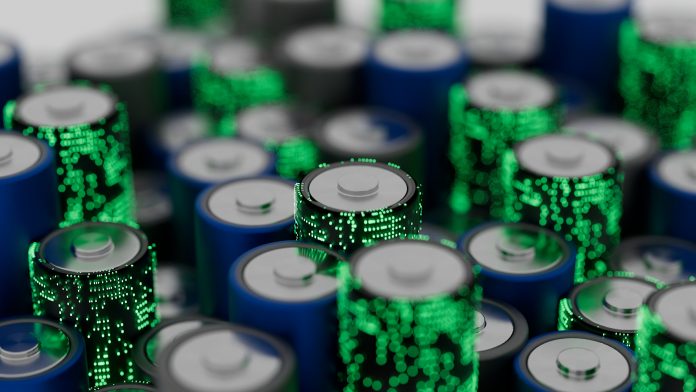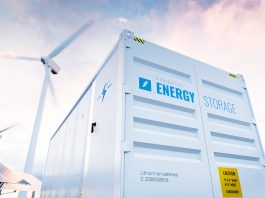Iveco Group has announced the selection of BASF as its first partner to provide battery recycling for its EVs.
The decision to partner with BASF for EV battery recycling is part of Iveco Group’s circular economy strategy, which follows the 4R framework – Repair, Refurbish, Repurpose, and Recycling. The strategy aims to increase the lifetime of batteries while decreasing their overall environmental impact.
Iveco Group will also ensure compliance with the Extended Producer Responsibility policy, which holds producers responsible for the entire life cycle of the products they introduce on the market.
“Life cycle thinking is one of our strategic sustainability priorities,” commented Angela Qu, Chief Supply Chain Officer, Iveco Group.
“BASF shares this approach with us, and its broad battery collection network and recycling capabilities in Europe will help us close the loop from end-of-life batteries to new ones. Working together, we will enable a circular economy and reduce our CO2 footprint, which is fully in line with the Group’s commitment to reach net zero carbon by 2040.”
The agreement between Iveco and BASF
BASF, which has inaugurated Europe’s first co-located centre of battery material production and recycling in Schwarzheide, Germany, will organise and manage the entire recycling process for lithium-ion batteries used on Iveco Group electric vans, buses, and trucks.
The agreement includes the collection, packaging, transport, and recycling of batteries in a variety of European countries.
Once the material has been collected, BASF will process the batteries to the black mass, from which critical raw materials such as lithium, cobalt, and nickel can be extracted and recovered for use in the manufacture of new batteries.
BASF will, therefore, establish the full battery recycling value chain in Europe to provide recycled metals with a low carbon footprint for the battery industry.
“The partnership with Iveco Group is our first agreement to recycle batteries from electric vans, buses, and trucks and an important step for our battery recycling business to expand our activities into the commercial vehicle space,” said Dr Daniel Schönfelder, President of BASF’s Catalysts division, who is also responsible for the company’s battery materials and battery recycling business.
“It will allow us to further strengthen our European collection network and make further progress in this developing market. With our recycling solutions, we aim to support the European market to close the loop and meet the ambitious circular economy-focused policy requirements of the EU Battery Regulation.”








